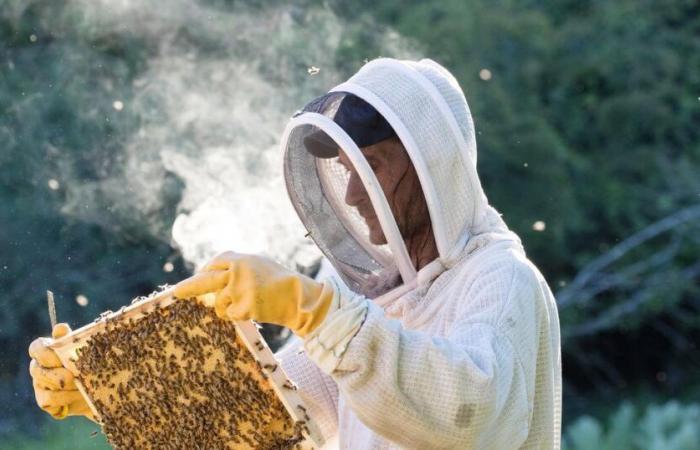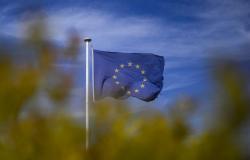The production of honey in France was divided by two between the mid -1990s, the date of introduction of neonicotinoids, and the mid -2010s, according to the CNRS.
The return of neonicotinoids to France would be “A disaster”beekeepers, scientists and elected officials said on Tuesday, while the national examination exams in the National Assembly of a bill which provides for again authorizing toxic pesticides for pollinators. This text aimed at raising the constraints to the exercise of the profession of farmer, carried by Senator LR Laurent DUPLOMB, plans to reintroduce, by derogation for certain sectors (hazelnut, beet), a pesticide of the family of neonicotinoids, prohibited in France since 2018, but authorized in Europe until 2033. Voted by the Senate, the text must be examined in public session the National Assembly.
“This law claims to defend food sovereignty, but since when has it been acceptable to destroy a sector, that of beekeepers, to save another, that for example”questioned Christian Pons, President of the National Union of French Beekeeping (UNAF), during a press conference within the assembly of the Assembly. Yves Delaunay, beekeeper in Vendée and vice-president of UNAF, came to testify to the ravages of these insecticides on the bees and the distress of farmers “After the arrival of neonicotinoids, in the 90s, 80 kg of honey per hive, we fell to 5 kg. An incredible loss. We have never been compensated. I have colleagues who hung themselves up. I almost did it ”he said.
Decline in the most affected landscapes
“I exploited 1000 hives in Vendée. The colonies collapsed for flowering. We went in a few days from 70,000 bees to 20,000. They were disoriented, unable to return to the hive. They were found dead everywhere, in the fields, even in sunflower flowers »he explains. “We must not reproduce this”. Alongside him, Philippe Grandcolas, researcher at the CNRS, recalls that “Scientific studies show a decline in the order of 70 to 90% of insect populations in the landscapes most impacted by the use of pesticides”. And like “Three -quarters of the plants must be pollinated to produce”, “We have significant productivity losses”going as far as “30% for rapeseed”he says.
Products like acetamipride, a neonicotinoid with powerful neurotoxic effects, can last “Several decades” in the floors and see “Their toxicity increases by 100 times on contact with fungicides” Present in agricultural plots, according to the scientist. According to the CNRS, the production of honey in France was divided by two between the mid -1990s, the date of introduction of neonicotinoids, and the mid -2010s.








